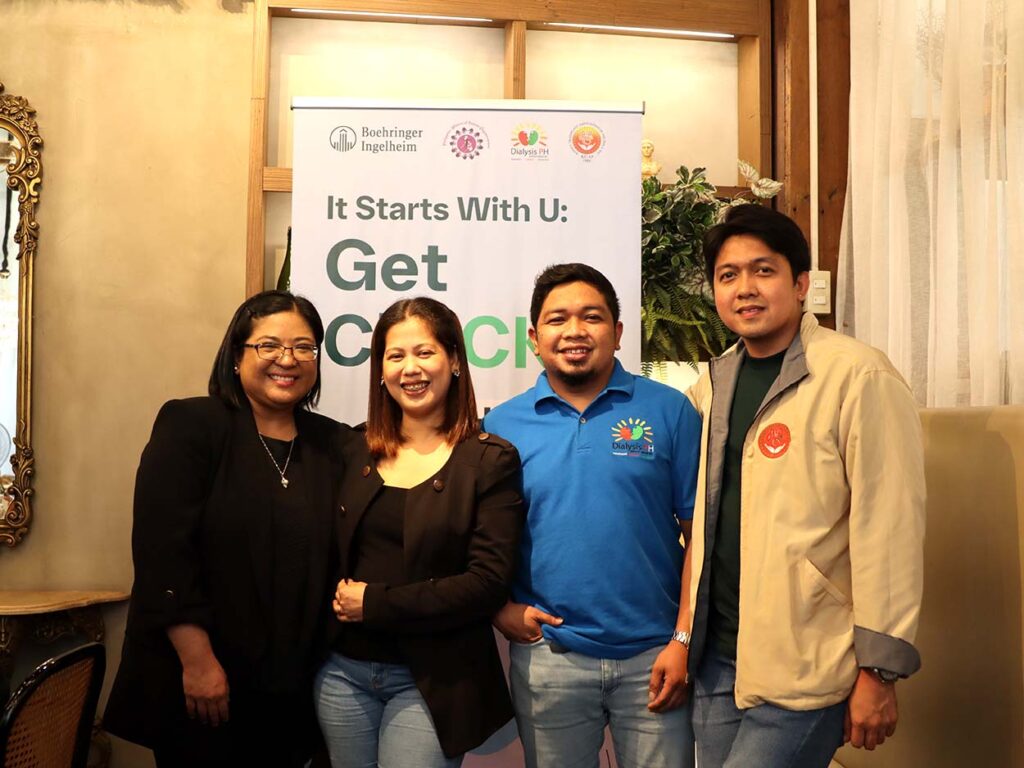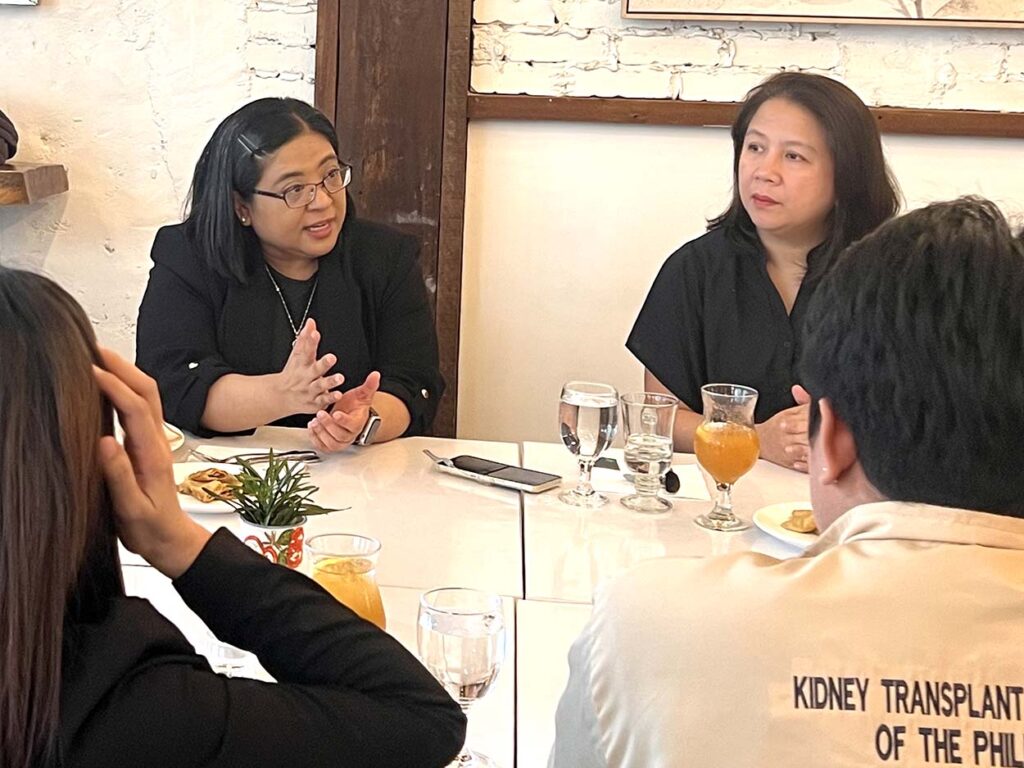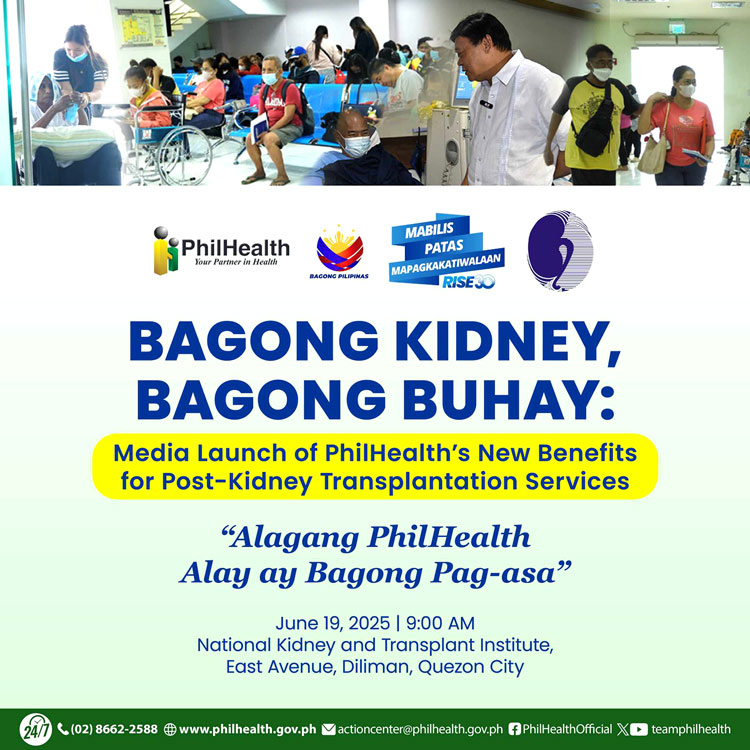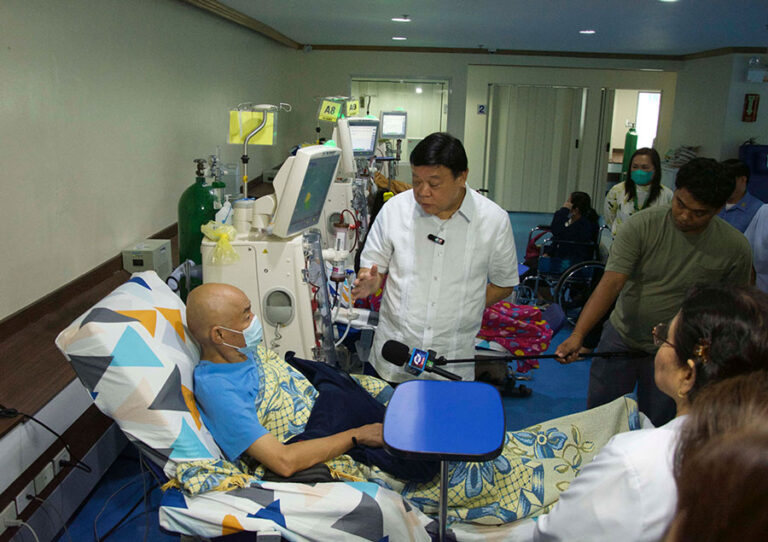
WITH OVER 12 million Filipinos affected and billions lost to treatment costs, CKD remains one of the country’s most underdiagnosed and costly health threats-demanding urgent, collective action.
Understanding the Silent Killer: What is Chronic Kidney Disease?
Chronic kidney disease (CKD) affects millions of people but often goes unnoticed – until it’s too late. As one of the most underdiagnosed and silently progressive conditions, CKD gradually impairs the kidneys’ ability to filter waste and excess fluids from the blood. With no visible symptoms in its early stages, many patients only discover they have CKD when they are already facing life-altering treatments such as dialysis or a kidney transplant.
CKD is often linked to common chronic conditions like diabetes and hypertension – collectively known as cardiovascular, renal and metabolic (CRM) diseases. These interconnected conditions share common risk factors, worsen each other over time, and account for nearly half of all non-communicable disease (NCD) deaths. 1 . 2 , 3 Without timely screening and intervention, the disease can progress rapidly – placing a heavy burden not only on patients and their families, but also on the healthcare system.
A Growing Health Crisis: The Burden of CKD in the Philippines
Chronic kidney disease is a significant and growing public health concern in the Philippines, affecting an estimated 11.2% of the population. With over 115 million Filipinos, this equates to roughly 12.94 million people living with CKD, many of whom remain undiagnosed until the disease has significantly progressed.
Every hour, one Filipino develops chronic kidney failure, or approximately 120 new cases per million people annually, highlighting the urgent need for early detection and better disease management. Regionally, the prevalence of CKD in Asia ranges from 7.0% to 34.3%, placing the Philippines within the higher end of the spectrum.
This is exacerbated by systemic gaps in awareness, access, and care. Many Filipinos delay seeking help due to low awareness of CKD and its risk factors, while limited use of basic screening tests such as creatinine and urine albumin-creatinine ratio (uACR) test, results in missed opportunities for early detection.
Beyond the Diagnosis: The Heavy Cost of Living with CKD
Chronic Kidney Disease (CKD) is not just a health issue—it is a costly, long-term burden that deeply affects patients, families, and the country’s healthcare system. Managing CKD involves not only medical expenses but also transportation costs and productivity losses due to time spent in treatment or disability.
In the Philippines, a recent study indicated that the total economic burden of CKD is estimated at a staggering PHP 592.15 billion. Patients with diabetes, who are at high risk of developing CKD, account for 60.9% of these costs. As the disease progresses, treatment becomes more expensive. End-stage renal disease (ESRD), which often requires dialysis or transplantation, contributes PHP 147.12 billion, or 25% of the total burden. Treating anemia, a common complication in the later stages of CKD (G3a-G5), costs PHP 123.41 billion, making up 21% of the total expenses related to CKD.
Behind these numbers are real people – patients struggling not only with disease but with financial stress, lost livelihoods, and emotional strain. These figures emphasize the urgent need for early detection, better disease management, and sustainable access to care.



From Awareness to Action: A Holistic Approach to CKD Prevention and Management
Boehringer Ingelheim, a leading global pharmaceutical company, is advancing kidney care in the Philippines through innovative treatments and strategic partnerships, championing health equity by expanding access, increasing CKD awareness, and supporting early detection and healthy living.
The company works closely with patient organizations, including:
- Philippine Alliance of Patient Organizations (PAPO): A coalition that empowers Filipino patients through education, advocacy, and capacity building to promote universal healthcare and patient rights.
- Kidney Transplant Association of the Philippines (KITAP): An organization supporting kidney transplant patients and their families by providing education, advocacy, and access to transplant resources.
- Dialysis PH: A patient-led group dedicated to improving the quality of life for dialysis patients and their families through support, education, and awareness programs.
- Kidney Alliance Philippines Inc.: An organization committed to empowering and uniting kidney disease patients nationwide to ensure their voices are heard and their rights protected.
Recognizing the need for a comprehensive approach, Boehringer Ingelheim combines education, community engagement, healthcare system support, and policy advocacy to drive better outcomes. It’s Get CheCKD initiative raises awareness and promotes early detection of hypertension, diabetes, and CKD through free screenings and health education in partnership with patient groups, expanding its reach to at-risk Filipinos. The Kidney Disease Management for Primary Care Physicians (KDM4PCP) program equips frontline doctors with evidence-based guidelines to manage CKD early, exemplified by a recent session in Zamboanga City on World Kidney Day. (PR)



